The hollow block is defined as units that have a core-zero area greater than 25% of the total area, the hollow space in the blocks enables the masonry to have good insulating properties against sound, heat, and moisture.
Concrete blocks with trading name as siporex are available in the market, which is light-coloured.
Here we will learn about hollow block, advantages & disadvantages of hollow block and much more.
Introduction to hollow block:
These hollow blocks allow the adoption of thinner walls which ultimately results in increased floor space, since the air space in the block is 25% of the block’s total area, this saves the material.
As the blocks are precast, its surface is smoother therefore requires less plastering material.
The use of cement concrete blocks for masonry construction has been developed rapidly which are higher than traditional building materials such as bricks and stones.
Standard sizes of hollow block:
- 39 cm x 19 cm 30 cm: Standard size of hollow concrete blocks.
- 39 cm x 19 cm x 20 cm: Hollow building tiles.
- And 39 cm x 19 cm x 10 cm: Absorption of water will be less than 10% in hollow solid block blocks for partitioning.
To use blocks in construction, the overall length and height of the wall must be fixed accordingly so that it is possible to use a single block or half-length block.
The blocks are available in standard face size of 440 x 215 mm and a thickness of 140 mm and 215 in a standard finish (suitable for rendering).
Advantages of hollow block:
- The hollow block will give a different look as it reduces the energy bill to create an environmentally friendly environment in the building.
- Solid hollow blocks require less maintenance and provide insulation from sound, heat, and fire-resistant.
- The joints in these blocks require less cement mortar, little or no plastering thus speeding up the construction process.
- High dimensional accuracy and consistent finish make it an ideal building material for building load-bearing structures and building partition walls.
- These hollow concrete blocks have high-stress bearing capacity hence widely used in building construction practices.
- Concrete hollow blocks are lightweight hence used in the construction of homes in earthquake-prone areas.
- These blocks are more cost-effective than other traditional wall systems or wall construction systems.
- It is high quality, high strength, uniform size, and shape.
- It is completely energy-efficient does not require any non-renewable resources for its production.
- Also, it does not disturb the ecosystem so they are either environmentally friendly or eco-friendly since the waste and local resources can be used for its manufacture or production.
- It can also be manufactured at the site.
- Hollow space in blocks makes masonry work soundproof, heatproof and damp proofing.
Disadvantages of hollow block:
- Hollow blocks has poor bearing capacity because the total mass of wall decoration materials is reduced, the load-bearing capacity is also reduced.
- It is very dangerous to hang heavy objects on such walls.
Application of hollow block:
- Hollow blocks can be used in load-bearing structures, low-rise residential, office buildings, bungalows, shelter units for rural housing, tall buildings, institutional buildings, warehouses, etc.
- It is used in frame structures such as high-rise residential apartments, office buildings, market premises, hospitals, and hotels, etc.
- These types of concrete block are used as ground-level units such as roadside walkways, backyard walkways, interlocking paving blocks for traffic movement areas similar to curbstones, exhibition grounds, fuel pumping stations, bus and train stations, and so on.
- Also, used in specific use areas such as tree guard blocks for roadside and backyard plantations.
Also read: Glass Block & Cinder Block
Conclusion:
Hollow block helps in saving construction material, hence reduces the construction cost.
Hollow bricks can be utilized for constructing load-bearing as well as non-load-bearing walls, relying on the compressive strength of the material used.



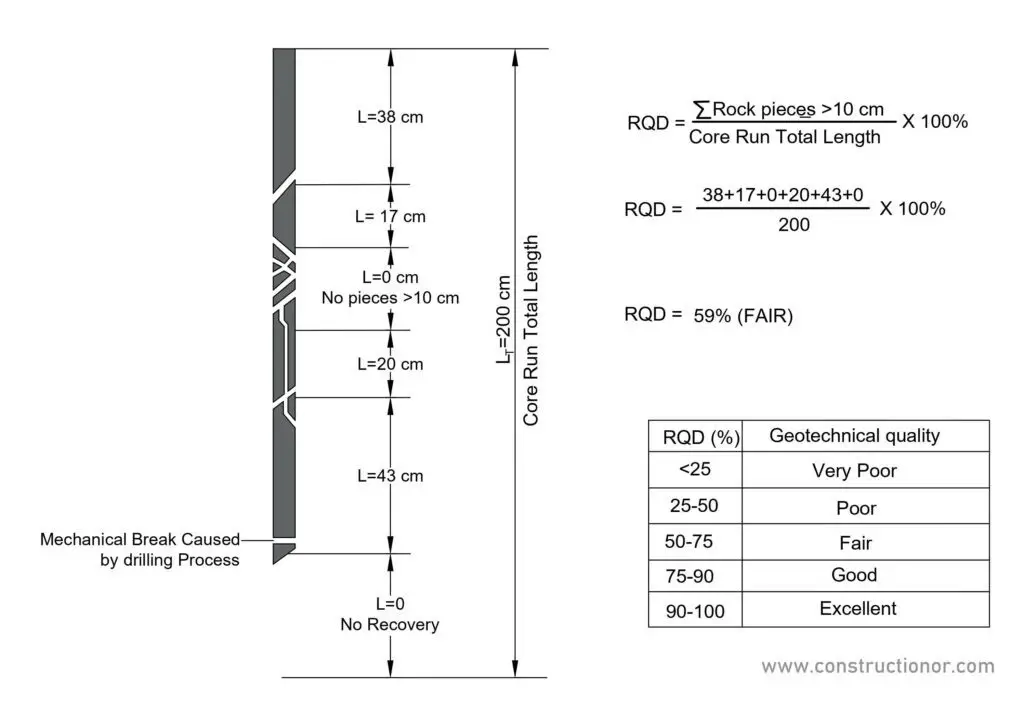
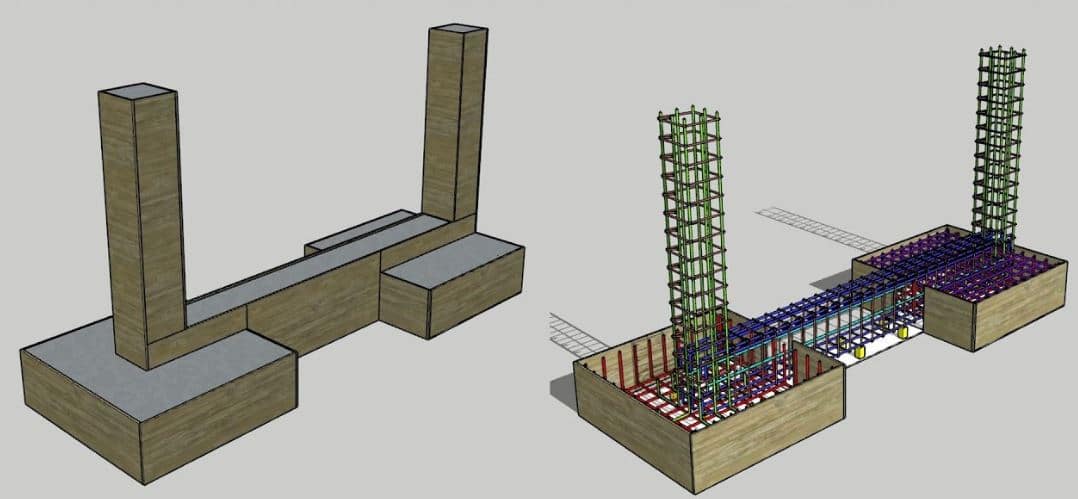
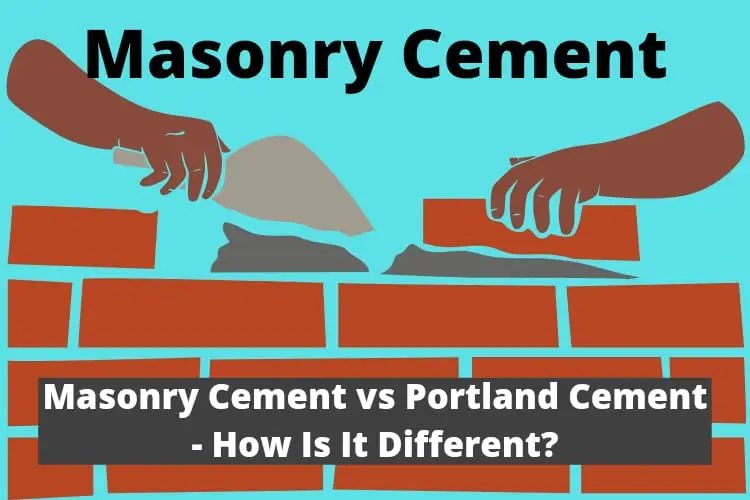
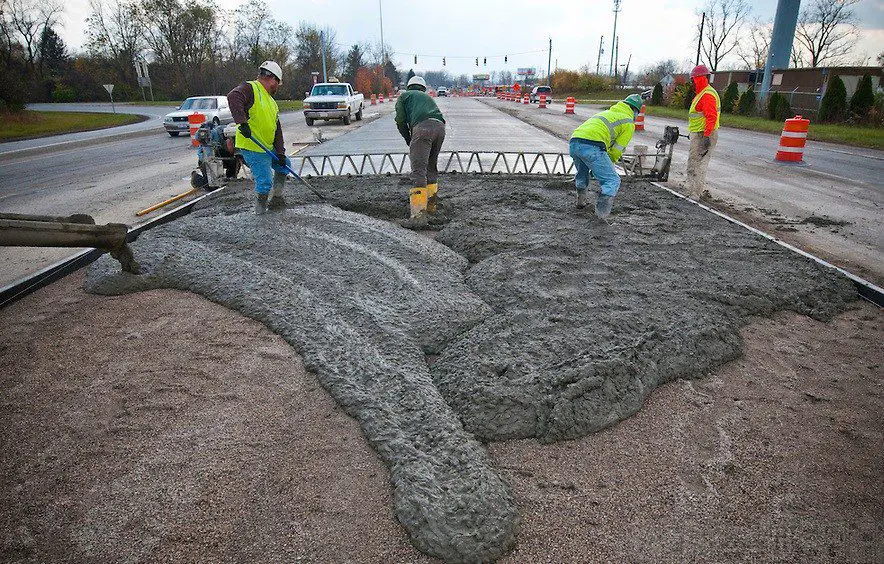
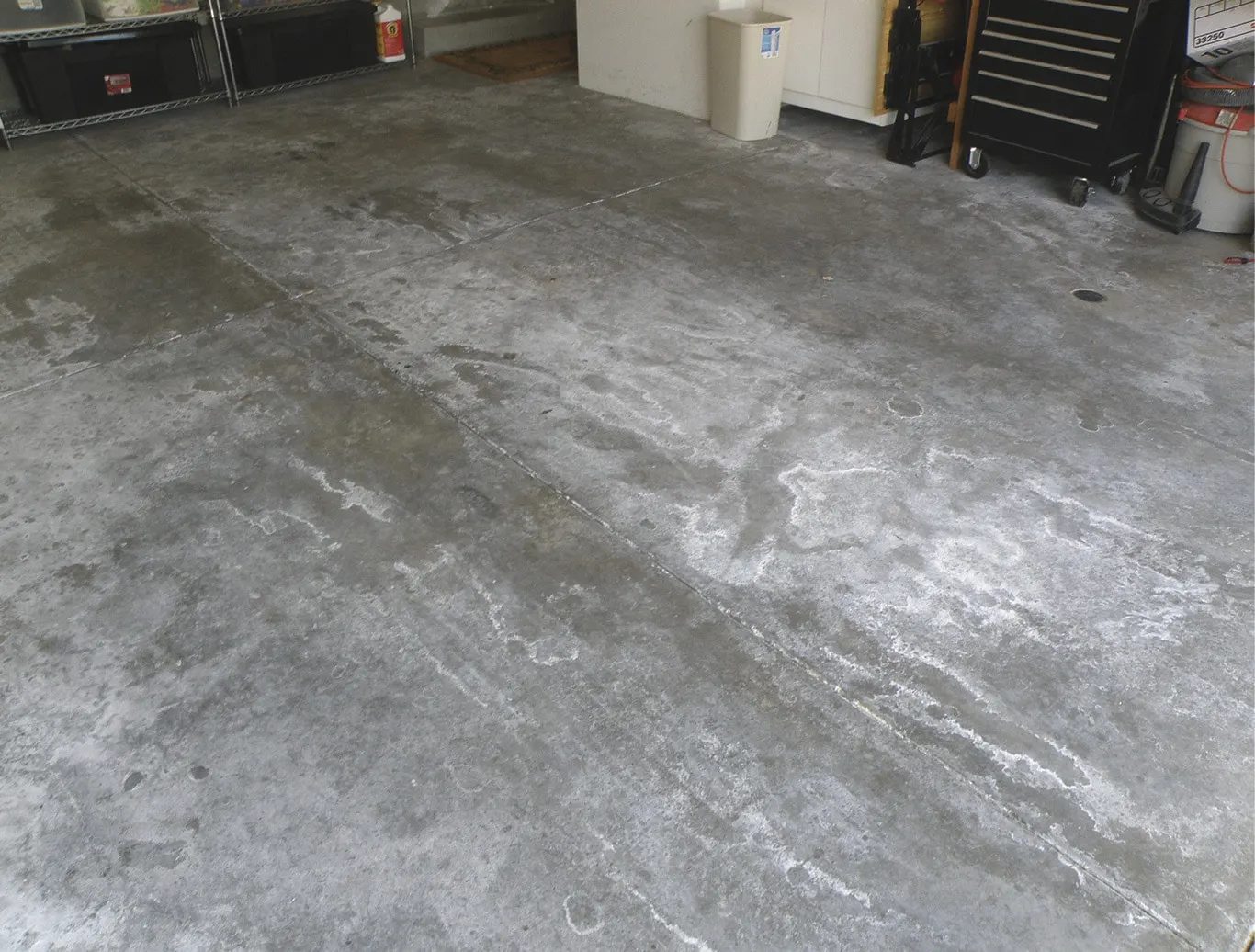
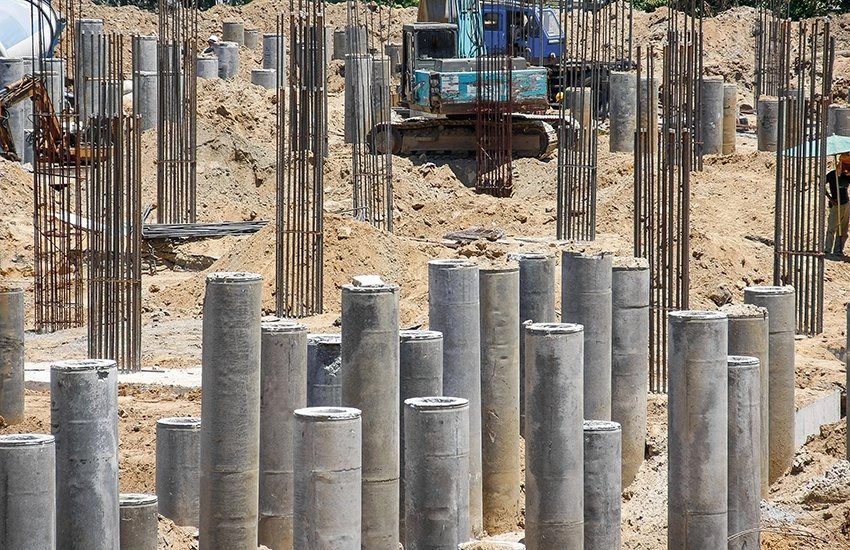
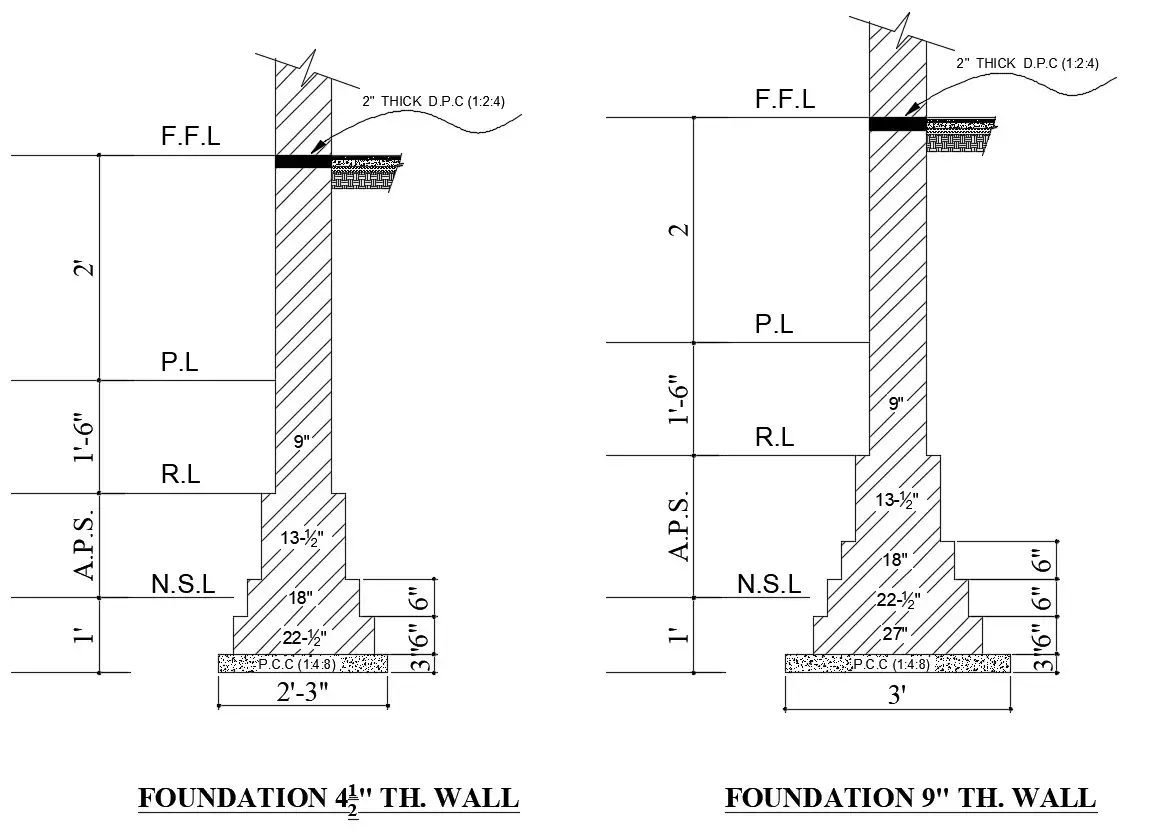
Thanks for your kind information. I want to apply on my own house by making hollow block. I got useful tips from your article. Thanks
It’s our pleasure!
your artical is very useful for us we are doing project on the hollow blocks.
I think I also got valuable information from your article.
Thanks
It was a very helpful insight when you said that using hollow blocks is the most cost-effective material to use to construct walls. My wife and I are planning to open a Jamaican restaurant in town, and we need good workers who have the same attention to detail as we have. Thank you for these helpful insights, we’ll definitely hire the most reputable contractor in town who can construct durable concrete barriers.